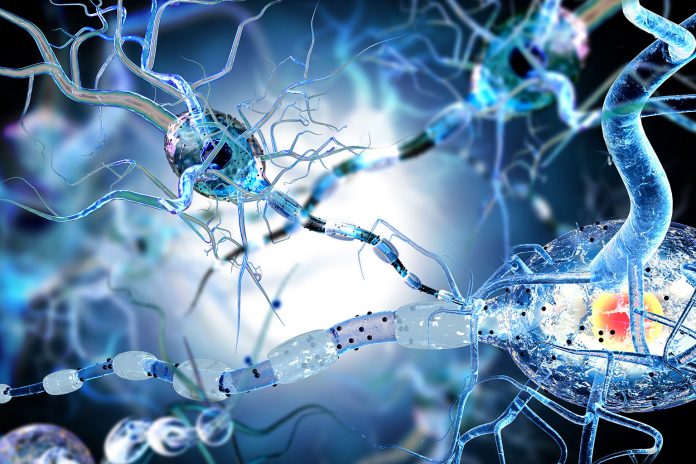Multiple sclerosis (MS) is an autoimmune disease, often starting between the ages of 20 and 40, in which the body attacks the myelin sheath, a protective covering for the nerves, causing communication issues between the brain and the rest of the body. There are various early signs of multiple sclerosis that arise from damage to the myelin. These are known as the primary symptoms of the disease and include the following:
-
1. Balance issues
Multiple sclerosis can make it more difficult to maintain your balance and even to walk at times. You may suddenly experience changes in the way you walk and in your ability to keep your balance, making it more difficult to get around. In particular, balance problems associated with MS usually result in a swaying or “drunken” gait. These issues can result from a number of factors, including muscle spasticity or weakness.
-
2. Vision problems
Optic neuritis is a condition that can occur early on when the myelin of the optic nerve suffers damage. This condition can cause eye pain and changes in your vision. You might experience double vision and involuntary eye movements known as nystagmus, which is a jerking of the eye that makes it difficult to focus on an object.
-
3. Numbness and spasms
You might begin to feel numbness in your limbs and experience muscle spasms, which most often affect the legs. Spasms can be strong and painful. Affected areas of the body might also feel stiff. These symptoms are usually milder in the early stages of MS, but become increasingly worse as the disease progresses.
-
4. Bladder issues
Another early sign of multiple sclerosis is that you might start having problems with your bladder. You may need to urinate more frequently, but, on the other hand, may also have difficulty emptying out your bladder. Where you once might have been able to hold in urine for a long period of time, you also might have a stronger urge to pee and may even experience incontinence.
-
5. Cognitive problems
In the early stages of MS, you may start to experience a slew of cognitive problems, such as difficulty concentrating, thinking problems, and memory issues. A short attention span and difficulty staying organized are also common early signs of MS. Most cognitive problems associated with early MS are fairly mild and only affect only one or two areas of cognitive functioning. Luckily, doctors can help provide you with tools and strategies to help compensate for these problems.
Multiple sclerosis can be a serious disease that grows progressively worse over time. If you experience these symptoms, it’s important to see your doctor and begin treatment. MS can also affect different people differently. For some, the symptoms will ease or even fade but then return. Some symptoms might stay, while others permanently disappear. Some people end up permanently disabled, potentially suffering issues such as paralysis and blindness, while others may go into remission.

